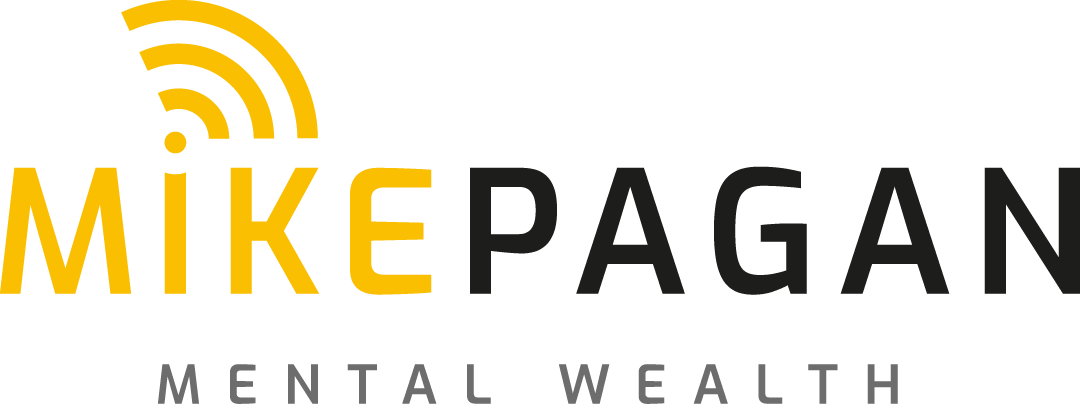
Using your compass
A compass is simply an instrument containing a magnetized pointer which shows the direction of magnetic north and bearings from it are used for navigation and orientation relative to the geographic direction – north, east, south and west. However, in life there are many more types of compass to help guide you along your journey. What compass are you using?
When researching for this article I found more types of compass than I had ever heard of before, ranging from the standard magnetic through to liquid – where the magnetized needle is immersed in fluid, solid state – found in electrical devices with multiple magnetic field sensors or a GPS compass – that uses satellites in orbit to show an exact location. There are many more.
Different compasses can be used for different stages in your life and different situations. Recently I had to relearn the art of map reading using a compass, something I hadn’t done since before I was a teenager. The reason was to find a route from point A to point B which clearly sounds very simple, however the challenge was we were likely to be almost blind in low cloud and many points of reference and landmarks could be obscured. Going the wrong way was not an option.
A standard magnetic compass will help you find the correct route between two places, assuming you know where you are going or heading to – if you don’t know that part you clearly don’t need a compass as any route will do. Consider a Qibla compass which is used by Muslims to show the direction to Mecca so they would know where to turn while praying. Compasses work when there is a clear direction to be found.
An individual’s compass is made up of both ethical and moral drivers, both internally and externally sourced and learned, it is often said that people can sleep better at night with a clear conscience because they are doing right and living according to their moral and personal compass. Throughout life we are faced with many challenges that affect the decisions we make and we fall back on our personal compass for guidance or for that line in the sand that we won’t go past because in our minds it isn’t right. Take for example a business decision where somebody is going to lose out – you have to sack someone you like, change the pricing on a deal that has already been verbally agreed or you simply have to let someone down and it doesn’t feel right. Some decisions are easier to make, some people find it less of a challenge, they have a harder exterior to others or are referred to as more ruthless because they can make the tough decisions without suffering from the moral baggage that affects others. It’s all down to their compass.
Then the question turns to what sort of compass do you use to guide you through your life, we’ve established having somewhere to head towards will help your compass guide you along the way. No final end goal means you don’t need a compass at all.
Let’s work on the presumption we have a goal we are heading towards. Now the question is how do we get there? What price are we willing to pay along the way, what will be our barometer of appropriate and inappropriate behaviour? What will be our moral compass – the ability of an individual to identify what is right and what is wrong and act accordingly? Of course everyone’s moral compass is different which explains why we have criminals and judges, politicians and primary school teachers, nurses and firefighters. In simple terms it’s about our own judgement of what is right and wrong which for most stems from the conditioning we received throughout childhood and education as to what we were taught and discovered to be right and wrong. That compass then guides us going forward through adulthood as to what we choose is or is not an appropriate action.
An ethical compass does differ although they are regularly intertwined in their usage – the ethical compass focusses on rules from an external source, be that religion or codes of conduct. These are assigned by another party and then adhered to by the individual. A clear example of that today is the challenges being thrown at businesses around the world and the use of single use plastics – 30 years ago this wasn’t on anybody’s radar whereas the ethical compass of the world is saying this has to change and is now it is pushing towards the top of many companies corporate social responsibility requirements. Their ethical compass is showing them or telling them it’s time to change their current position.
Which compass do you refer to most of the time? Do you find your ethical compass can get in the way of making decisions or taking action and does that moral compass keep you on the best path for you, most of the time? Having that support network around you will help, those people who are blunt when necessary, always honest and balanced and hold you accountable for what you decide to do – as I always say find your PowerTeam to help your journey, we are

